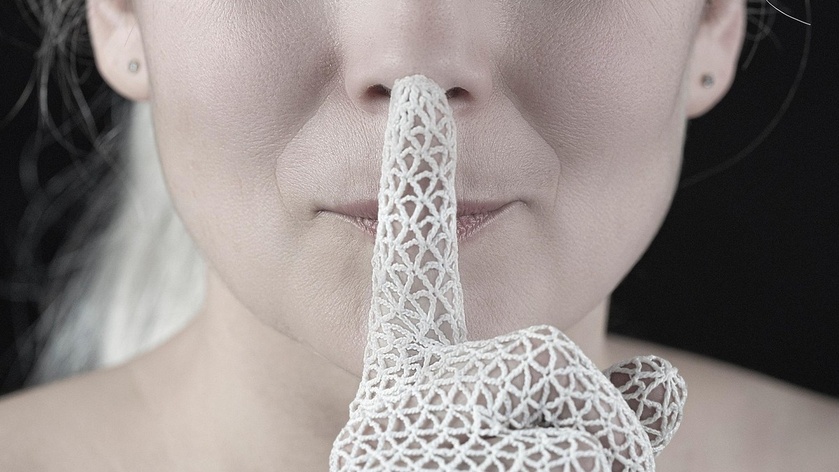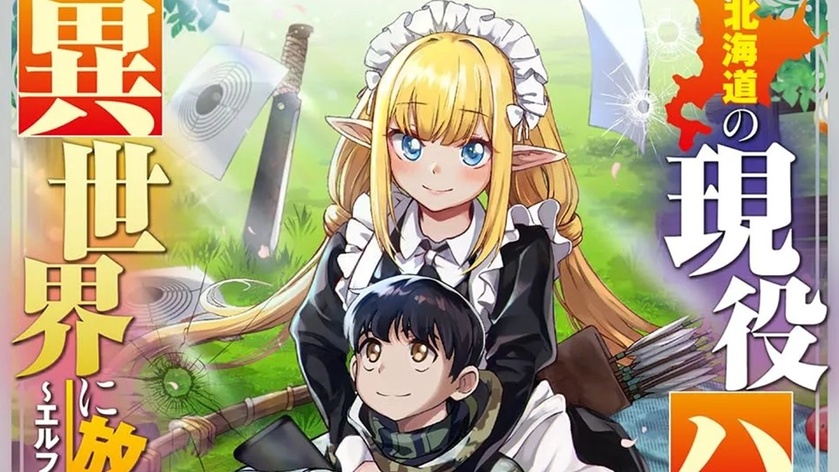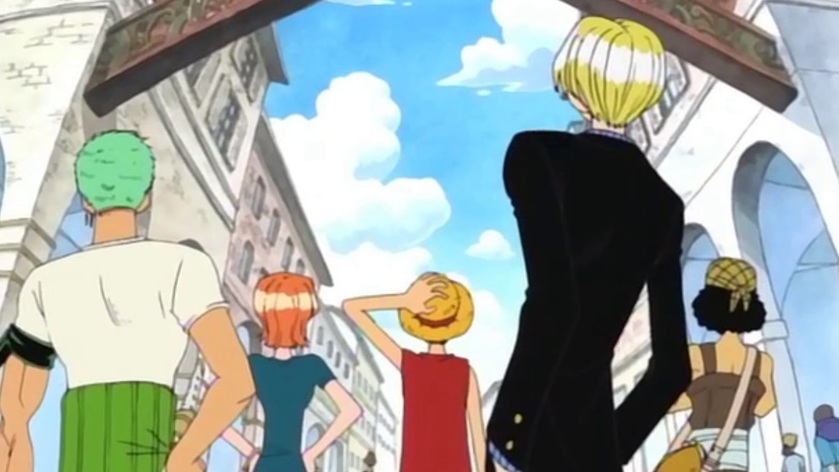
There is a story I have been told since I was a boy from the Bible. A priest named Eli who mentored a young boy by the name of Samuel who would grow up to be a great judge.
Eli, though a good man, allowed his sons to become very corrupt. They accepted bribes and, though destined to become priests like their father, would steal from the people when they brought their sacrifices.
As a result, the sons were killed in a brutal slaughter. Eli died upon hearing of his sons’ death and the mantle of the priest was passed to Samuel.
Samuel was an even better priest and judge than his mentor could have hoped for, however, there was a serious flaw. Instead of learning from his mentor’s mistakes and raising his children well, his sons also became greedy and corrupt. They were so corrupt that the people whom Samuel served wanted him to step down and replace his title altogether. Samuel was later murdered by the man he appointed to take his place.
The moral of this story, in my humble opinion, is to learn from your mentor’s mistakes. I think that is such a good thing to honor and thank your mentor whoever he or she may be. They have given us life lessons and wisdom that we should all apply to our lives.
On the other hand, our mentors are not perfect. They are humans who make mistakes and there is nothing wrong with that. They will mishandle things and how they mishandle is not an excuse for us not to listen, but an opportunity for us to not make the same mistake.
It gives us a teachable opportunity. In the case of Eli, he refused to correct or restrain his sons. The two were murdered. You would think Samuel would have learned not to let his kids get out of control considering the history, but instead, he not only ignored this flaw in his mentor’s character but outright repeated it.
Mentors are going to make mistakes, but that is why they are there, to teach you how not to make the same mistakes that they did. From their example, when they did good or when they did bad, we can grow in our own way.
















